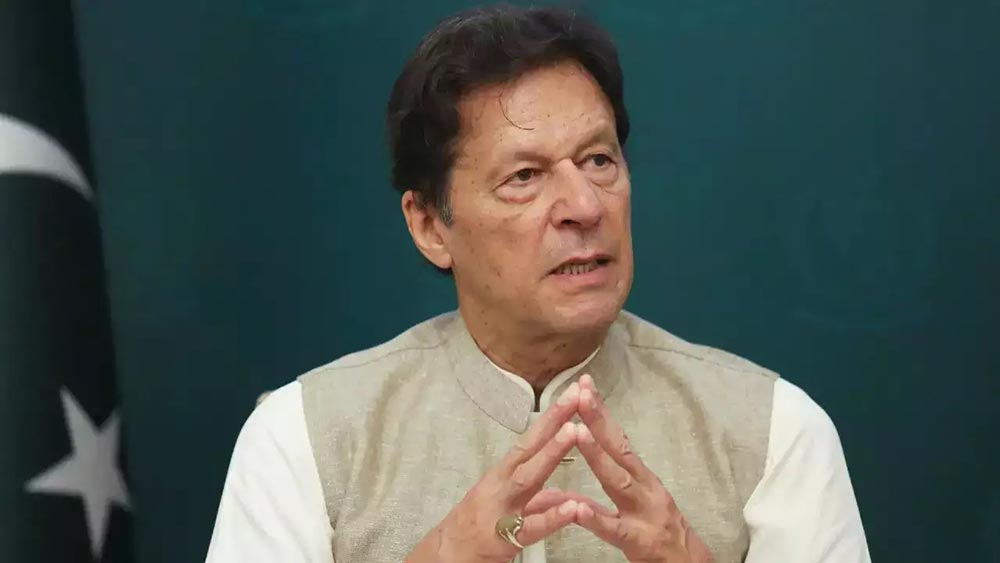The government led by Prime Minister Shehbaz Sharif has sharply criticized Imran Khan’s recent proposal to initiate dialogue with military leaders. Defense Minister Khawaja Asif and Federal Minister of Information and Broadcasting Attaullah Tarar both rejected Khan’s suggestion, arguing that such discussions should be conducted exclusively within the parliamentary framework.
Asif expressed concern over Khan’s apparent request for a representative from the General Headquarters (GHQ) to participate in talks. He emphasized that the events of May 9, marked by protests and unrest, must be addressed before any further political negotiations can occur.
Asif accused a political party of neglecting to honor the families of martyrs and reaffirmed the government’s commitment to completing its constitutional term. He also stressed the importance of political parties uniting against terrorism and warned against individual interpretations of the constitution that could undermine its integrity.
In addition, Asif criticized the conditions of Khan’s imprisonment, alleging that the former prime minister enjoys special privileges that are not granted to others in similar situations.
Federal Minister Attaullah Tarar criticized Khan for his abrupt shift from defiance to seeking dialogue with military officials. At a press conference in Islamabad, Tarar accused Khan of inconsistency and condemned his recent attempts to engage with the military, describing it as a sudden transition from a stance of “I will not leave” to “please talk to me.”
Tarar denounced the attacks on May 9, including the desecration of martyrs’ memorials, and criticized Khan’s social media campaigns against national institutions. He claimed that Khan’s actions posed a security threat to the country and accused him of creating instability through systematic attacks on the military.
The information minister suggested that Khan’s actions were harmful to national security and linked his social media activities to those of the country’s adversaries. He predicted that investigations would reveal the extent of Khan’s alleged connections with hostile elements and blamed him for the worsening security situation in Khyber Pakhtunkhwa.
Tarar also noted recent economic improvements, attributing them to the reduction in political instability following Khan’s imprisonment. He concluded by criticizing Khan for turning political discourse into a personal rivalry, which he claimed was damaging the country’s stability and economic progress.


